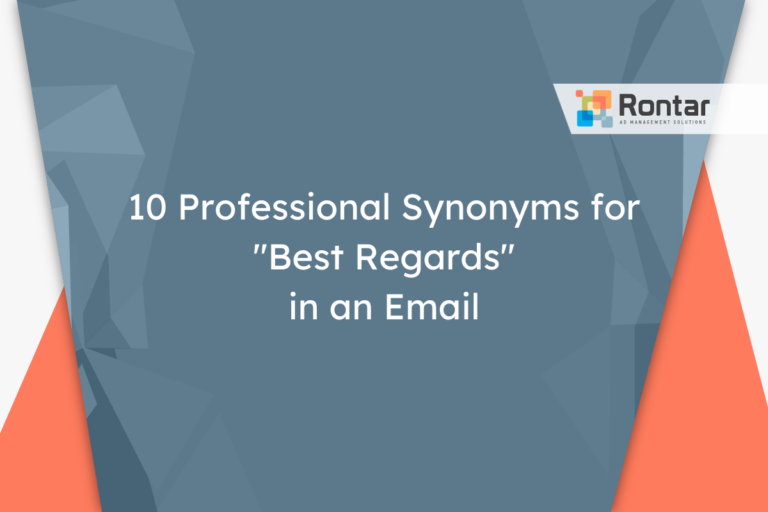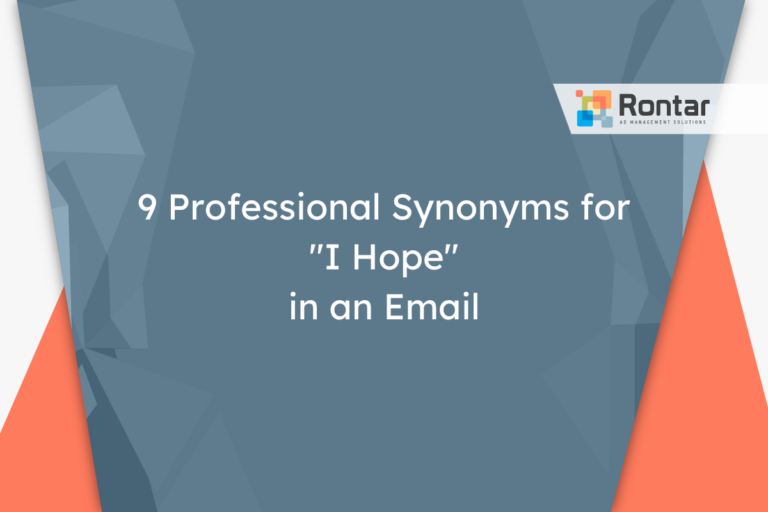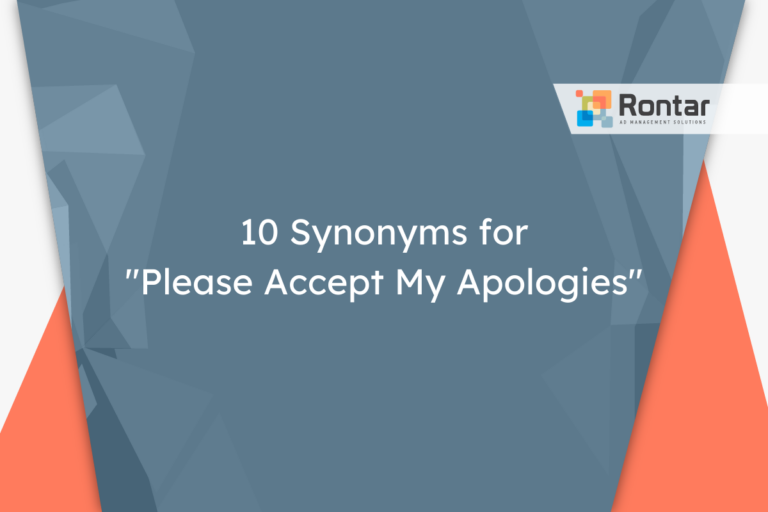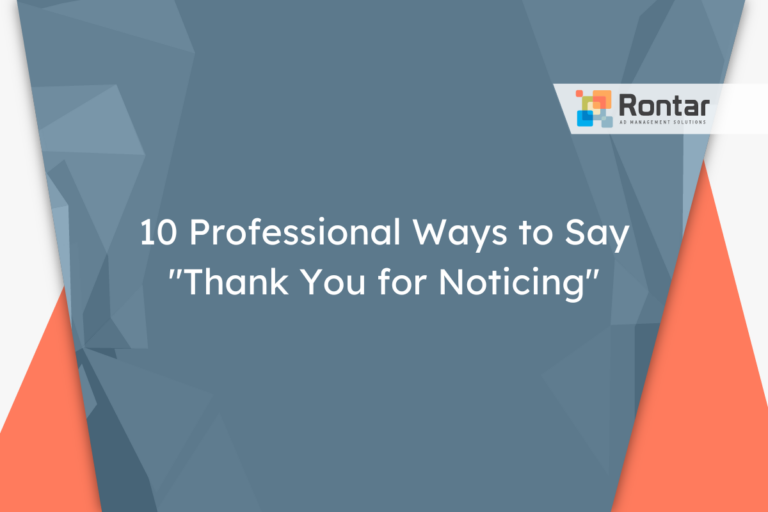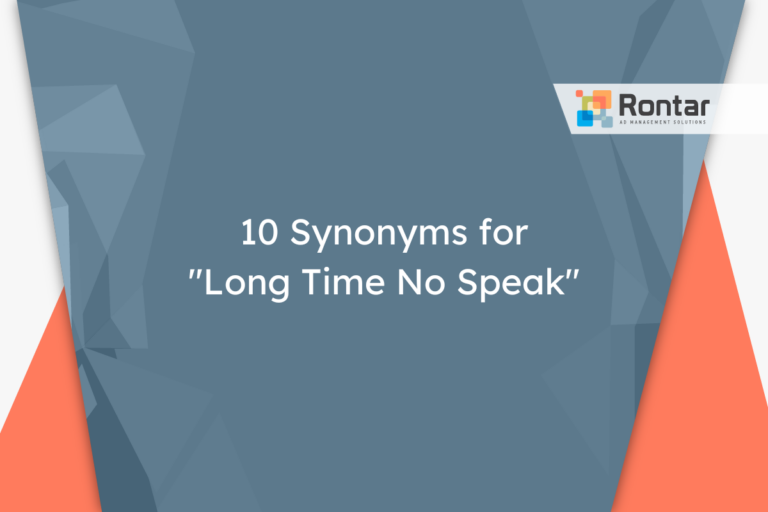10 Other Ways to Say “Have a Good Evening” in an Email (With Samples)
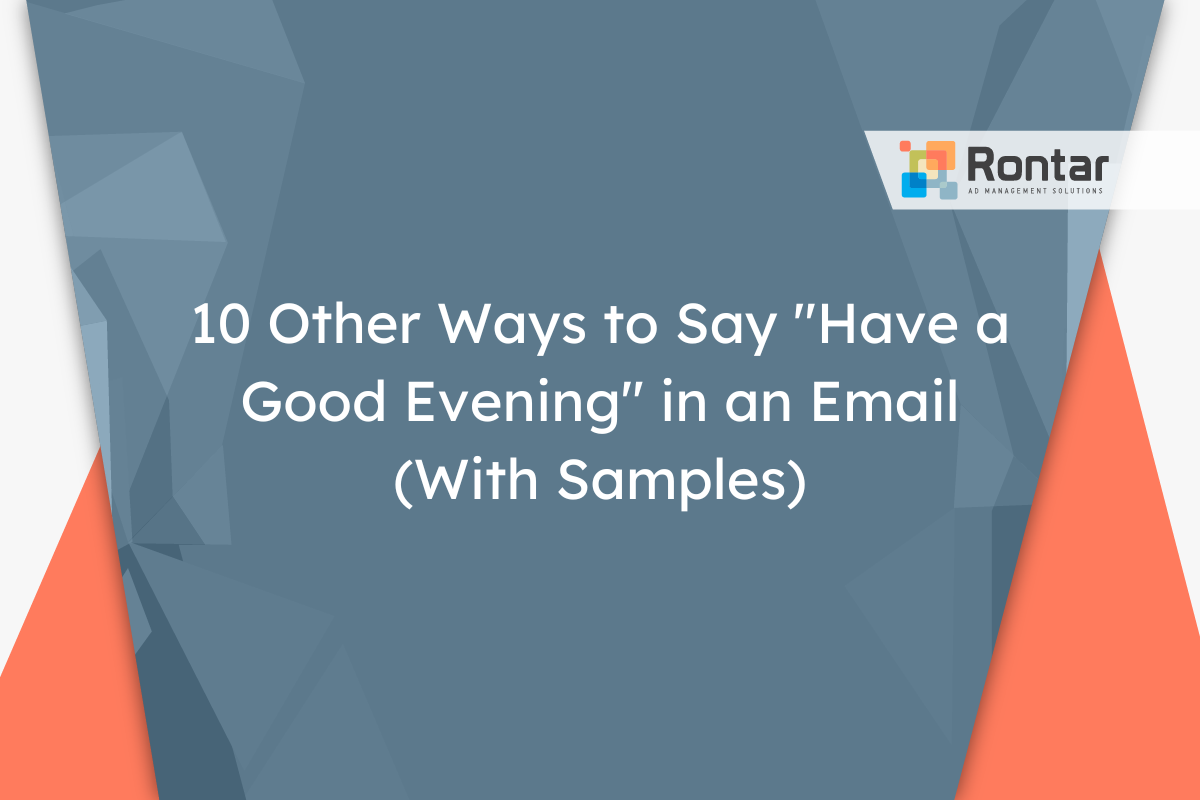
Ending an email in a friendly yet professional way can sometimes be tricky. “Have a good evening” is a common sign-off, but it can feel repetitive if you use it too often.
In this article, we’ll explore ten different ways to convey the same warm wishes while keeping your emails fresh and engaging. Each alternative is suited for various situations and tones, from formal to informal.
Is It Professional to Say “Have a Good Evening”?
When ending an email, the phrase “have a good evening” is considered professional, formal or informal based on the context, and is generally seen as polite. It’s a friendly way to say goodbye and wish someone well. This phrase works well in almost any type of email, whether you’re talking to a coworker, boss, or a client. However, the level of formality in your email might suggest using “have a good evening” in more casual or semi-formal exchanges rather than in very formal communication.
Here’s a situation where you might use “have a good evening”: If you’re wrapping up an email chain with a colleague and you’ve been discussing various work tasks that you’ve now come to a conclusion on. As the day is ending, it’s a courteous way to signal the end of the conversation.
Dear Emily, Thank you for sending over the detailed report. Your insights have been incredibly helpful, and I feel confident moving forward with the project. Looking forward to our meeting next week. Have a nice day, and have a good evening. Best regards, Sarah
Here are the pros and cons of using the phrase “have a good evening” in emails:
Pros:
- Shows politeness and a warm attitude.
- Can make the email feel more personalized and less robotic.
- Suitable for many types of emails, adding a nice touch to your sign-off.
Cons:
- May not be suited for very formal emails or communications with strict professional boundaries.
- In different time zones, it might not be appropriate as the recipient might not be approaching their evening.
While “have a good evening” is widely accepted, someone might want to use an alternative phrase for several reasons. Maybe they want to sound more formal, or perhaps the email’s context doesn’t quite fit with wishing someone a good evening. Also, considering the vast array of synonyms and alternatives available, switching up your language can keep your emails feeling fresh and engaging. The choice to use a synonym or an alternative also depends on the relationship with the recipient and the overall tone you want to set for your communication.
10 Other Ways to Say “Have a Good Evening” in an Email
Here are ten alternatives to the common sign-off “have a good evening” that can be used in emails to provide a little variety.
- Wishing you a pleasant evening
- Enjoy your evening
- Hope your evening is relaxing
- Have a great night
- May your evening be filled with peace
- Looking forward to tomorrow
- Take care this evening
- Relax and unwind tonight
- Ending your day on a high note
- Do have a wonderful evening
1. Wishing you a pleasant evening
This alternative feels a bit more formal than “have a good evening,” yet it still maintains a sense of warmth and personal touch. It’s a polite and refined way to close an email, indicating that you care about the recipient’s well-being beyond the professional setting.
We recommend using this phrase when you want to convey a slightly more polished tone without coming across as cold or detached. It’s especially suitable for emails to colleagues or clients where you’ve established a cordial relationship but wish to maintain a level of professionalism.
Dear Mr. Thompson, Thank you for your prompt response to our inquiry. We’ve considered your feedback and will be implementing the suggested changes. Wishing you a pleasant evening. Best, Lucas
2. Enjoy your evening
This phrase is a bit more informal and suggests a friendlier relationship with the recipient. It conveys good wishes in a simple, direct manner and is ideal for messages where you want to add a touch of personal warmth.
It’s better suited for emails with colleagues you are familiar with or in situations where the tone of your previous communication has been relaxed. We recommend using “Enjoy your evening” when the email discussion involves personal interests or shared experiences that make the conversation feel more personal and less strictly professional.
Hi Karen, Just finished reading the draft you sent over – impressive work! Remember to give yourself a break tonight. Enjoy your evening! Cheers, Tom
3. Hope your evening is relaxing
This phrase conveys a wish for the recipient’s well-being and relaxation, making it a thoughtful sign-off. It’s less formal than the original, yet highly polite and suitable for when you know the recipient has been having a busy or stressful time.
This alternative is ideal for emails sent after a particularly long or demanding day, as it acknowledges the effort the recipient has put in and expresses a genuine hope for their relaxation. It adds a caring touch to your message, making it great for communicating with team members or clients you have a good rapport with.
Dear Anna, Let’s finalize the project details first thing in the morning. You’ve done an outstanding job under pressure today. Hope your evening is relaxing. Warm regards, Elijah
4. Have a great night
“Have a great night” is more informal and suited to casual messages. It’s a synonym for “have a good evening” but feels more laid-back. This phrase is a great way to end an email on a friendly note, especially for correspondence within teams that have a close-knit relationship.
This alternative is perfect for emails that are part of an ongoing conversation with colleagues or clients you know well. We recommend using it when the overall tone of your interaction is upbeat and friendly, or when you want to add a cheerful closure to your message.
Hey Mike, Got the files – they look good! We're all set for the presentation tomorrow. Have a great night! Best, Sophie
5. May your evening be filled with peace
This sign-off is more formal and might be used in contexts where you wish to convey a sense of calm and serenity. It’s quite polite and stems from a place of genuine care for the recipient’s well-being. This phrase splendidly suits professional messages that also touch on personal achievements or challenges.
It is an excellent choice when you know that the recipient is going through a rough time personally or professionally, as it sends a strong message of support. It underscores your wish for their comfort and peace during trying times.
Dear Mrs. Patel, Congratulations again on the successful event. You’ve truly outdone yourself despite the challenges. May your evening be filled with peace. With respect, Olivia
6. Looking forward to tomorrow
This is a somewhat informal but professional way to end an email, indicating both a closure to the day’s correspondence and anticipation for future interactions. It’s polite and conveys a positive outlook towards ongoing projects or plans.
This sign-off is best used when the email discussion involves planning or preparation for an event, meeting, or task happening the next day. It shows enthusiasm and readiness for what’s coming next, making it suitable for business communications that have a forward-looking perspective.
Dear Team, Thank you all for your hard work today. Everything is on track for the client presentation. Looking forward to tomorrow. Best, Jordan
7. Take care this evening
This phrase is both informal and polite, implying a more personal connection with the recipient. It conveys your wishes for their well-being in a caring and friendly manner, perfect for closer relationships within a professional setting.
It’s particularly suitable for emails to colleagues or clients you know well, especially after a difficult day or during stressful times. This phrase adds a personal touch, showing that you care about the person beyond just professional interactions.
Hi Lisa, Attached you'll find the contract revisions. Let’s touch base early tomorrow for any final amendments. Take care this evening. Regards, Henry
8. Relax and unwind tonight
This alternative is more informal and conveys a friendly, carefree message. It’s an excellent way to end an email on a light note, encouraging the recipient to take a break from work and enjoy their evening.
This phrase is best suited for messages to team members or colleagues with whom you share a good rapport. It’s particularly appropriate after concluding a significant project or milestone, reminding everyone to take a well-deserved break.
Team, The project launch was a success – thanks to everyone's dedication and hard work! Relax and unwind tonight. Cheers, Derek
9. Ending your day on a high note
This phrase is uplifting and conveys a sense of achievement, making it a bit more informal yet incredibly polite. It’s perfect for concluding messages that involved collaboration or celebration of a success.
Using this phrase is especially relevant when the day has been productive, or a significant milestone has been reached. It emphasizes positivity and is an excellent way to foster a sense of team spirit and accomplishment among colleagues or business partners.
Dear Jenna, It was a pleasure to see our planning come to fruition with today’s event. Everyone’s efforts truly paid off. Ending your day on a high note. Kind regards, Mason
10. Do have a wonderful evening
This sign-off adds an element of warmth and care, making it a formal and polite alternative to the standard “have a good evening”. It’s slightly more emphatic, highlighting your wish for the recipient’s evening to be genuinely enjoyable.
It’s a great choice for emails that are slightly more formal or when you wish to leave a lasting positive impression on the recipient. This phrase suits communications with clients, senior colleagues, or external partners where you want to show respect and well-wishes.
Dear Dr. Henson, Your guidance on the research project has been invaluable. We’re on track for publishing thanks to your insights. Do have a wonderful evening. Sincerely, Fiona
Final Thoughts
Choosing the right words to end an email doesn’t just show professionalism. It also adds a personal touch to your message.
The ten alternatives we’ve discussed offer a variety of options to suit different situations, from the more formal to the relaxed.
Remember, the key to a good email sign-off is matching the tone to your relationship with the recipient and the context of your conversation. By experimenting with these alternatives, you can keep your emails interesting and thoughtful.

